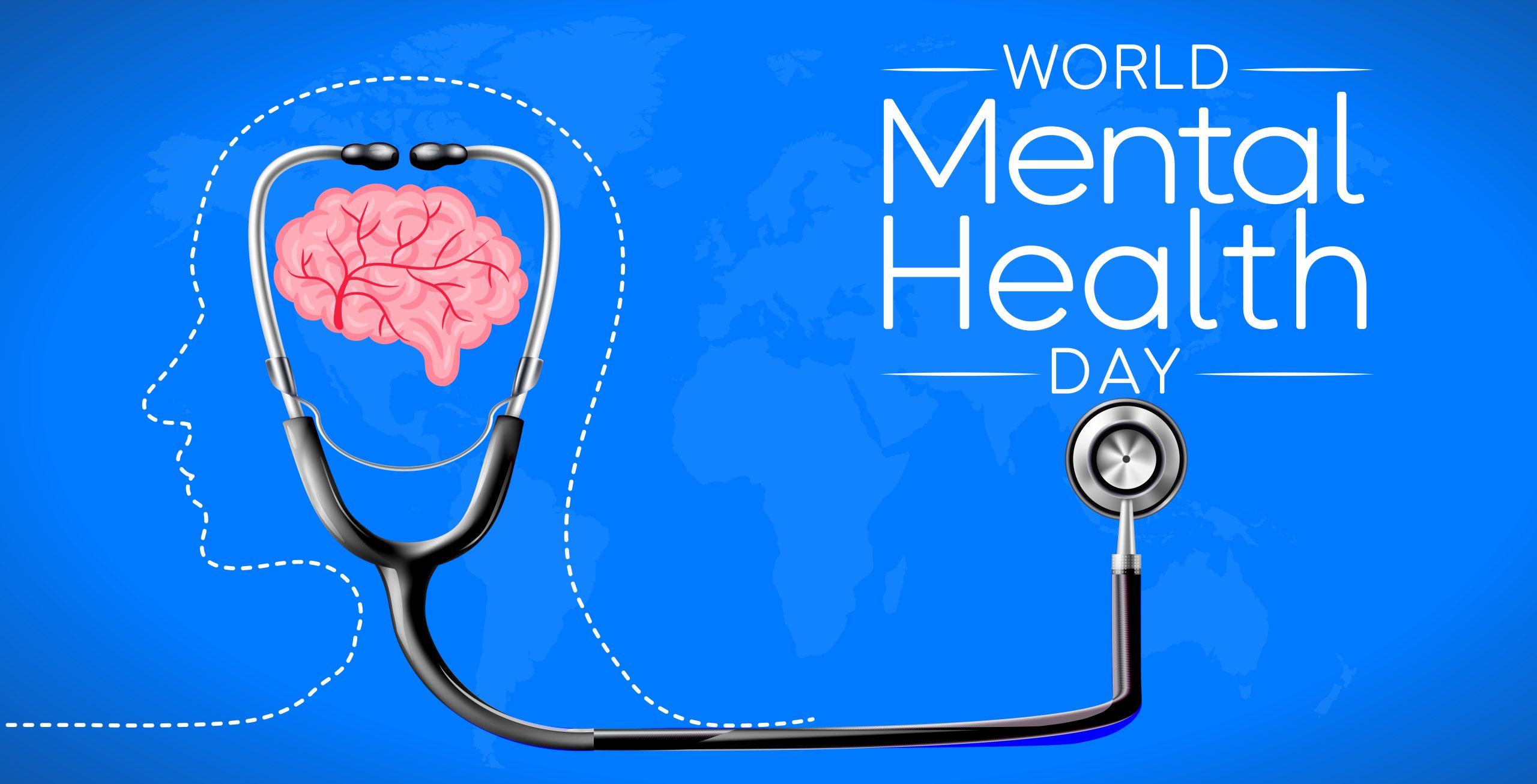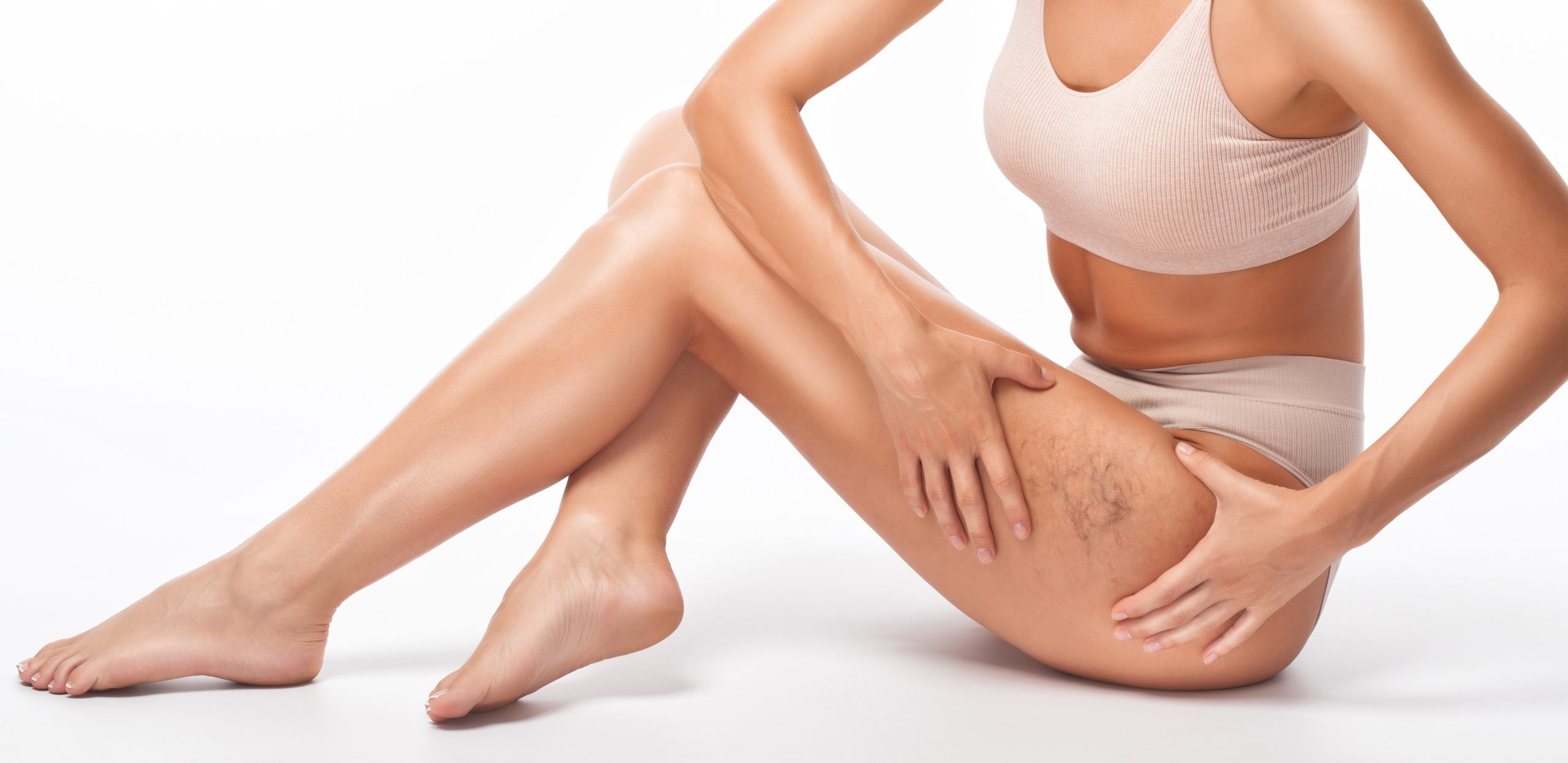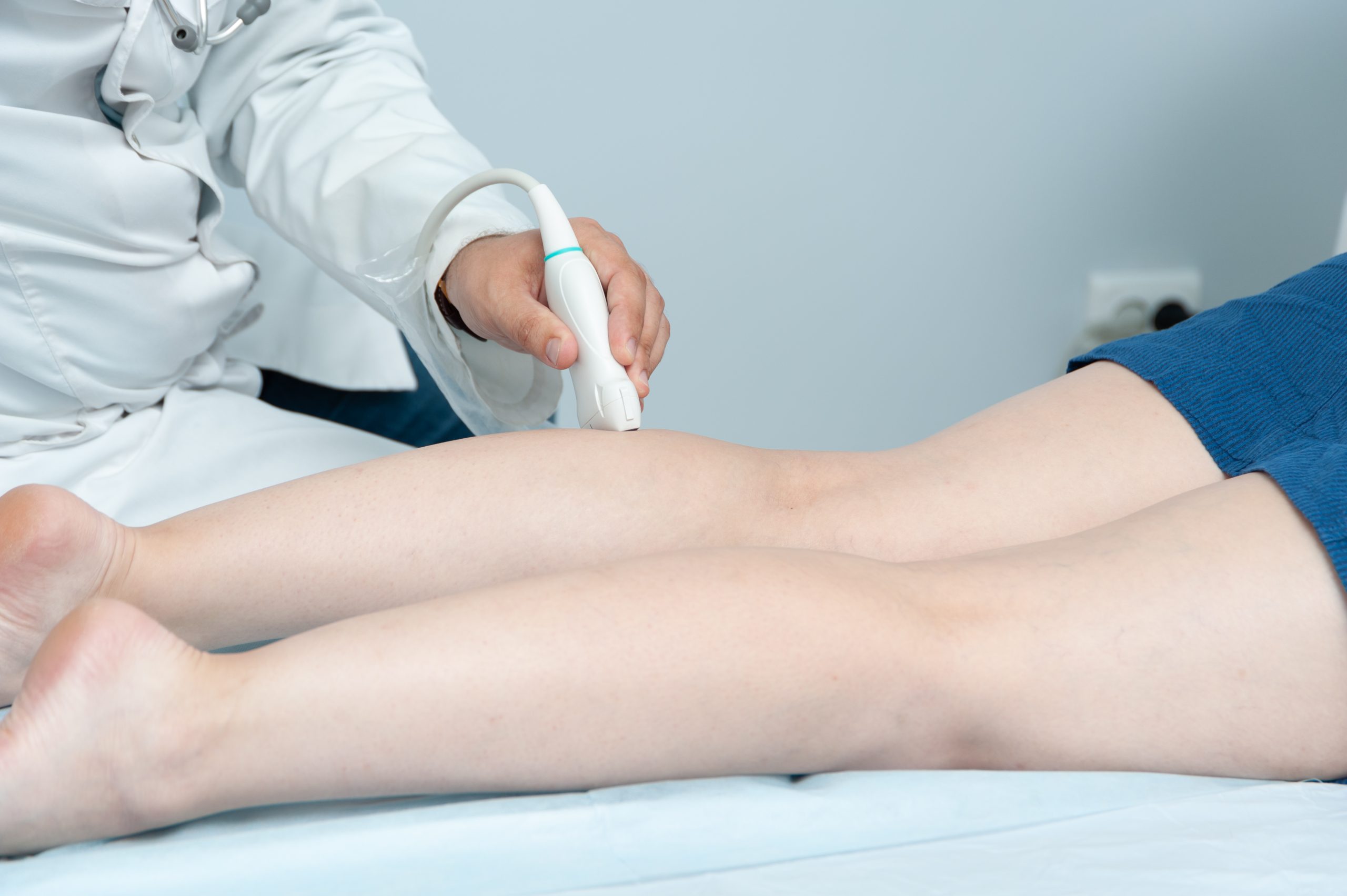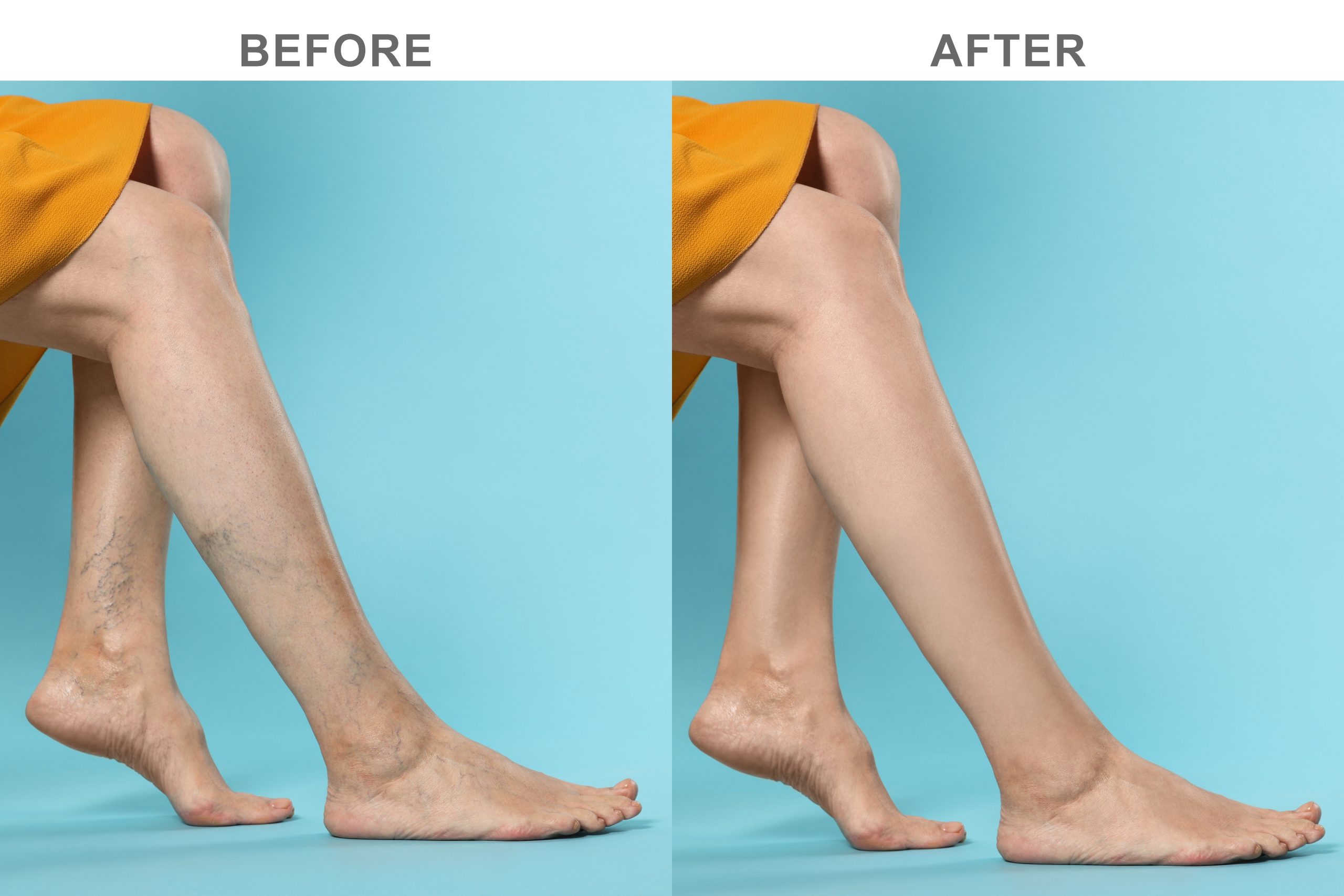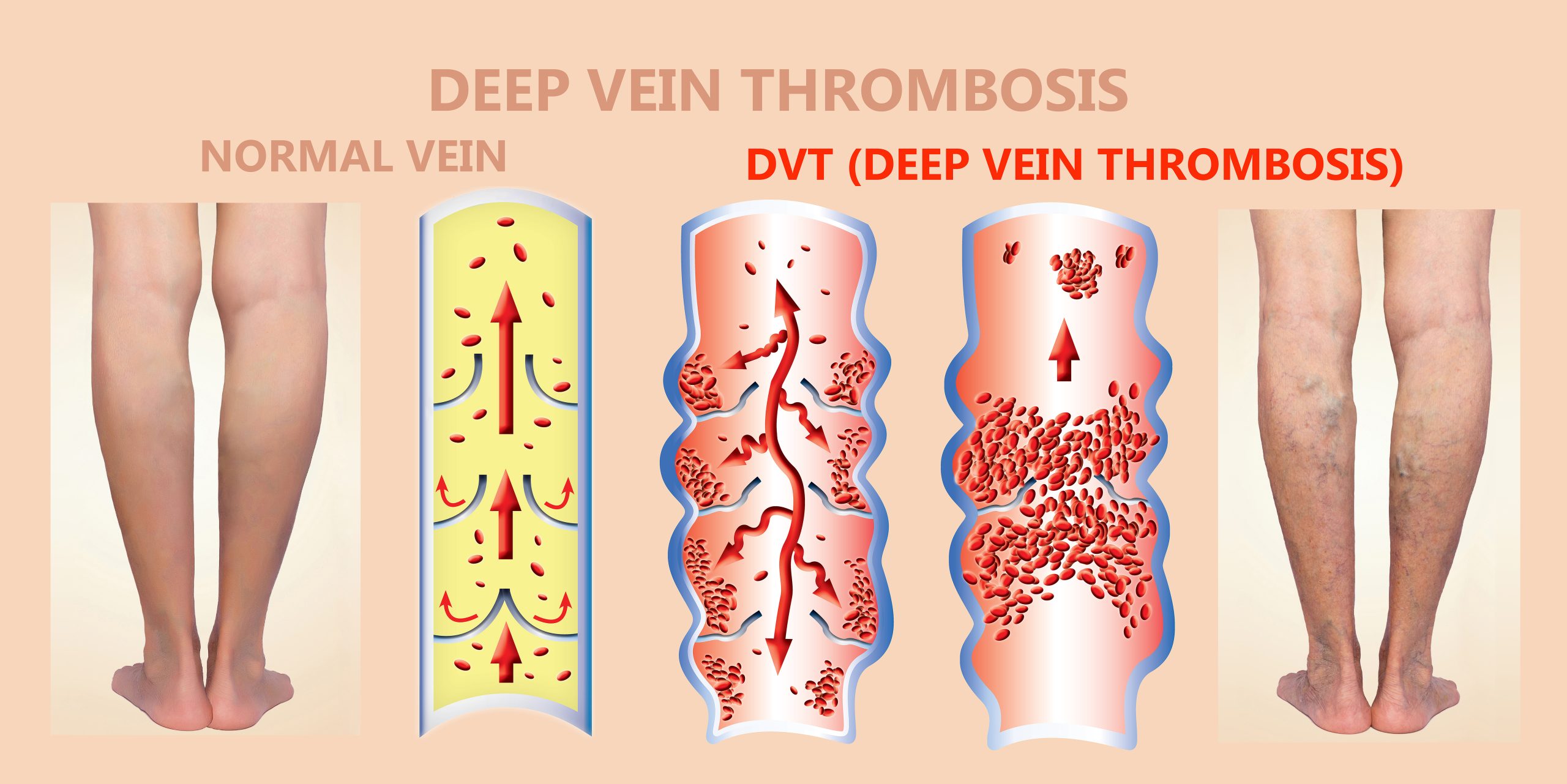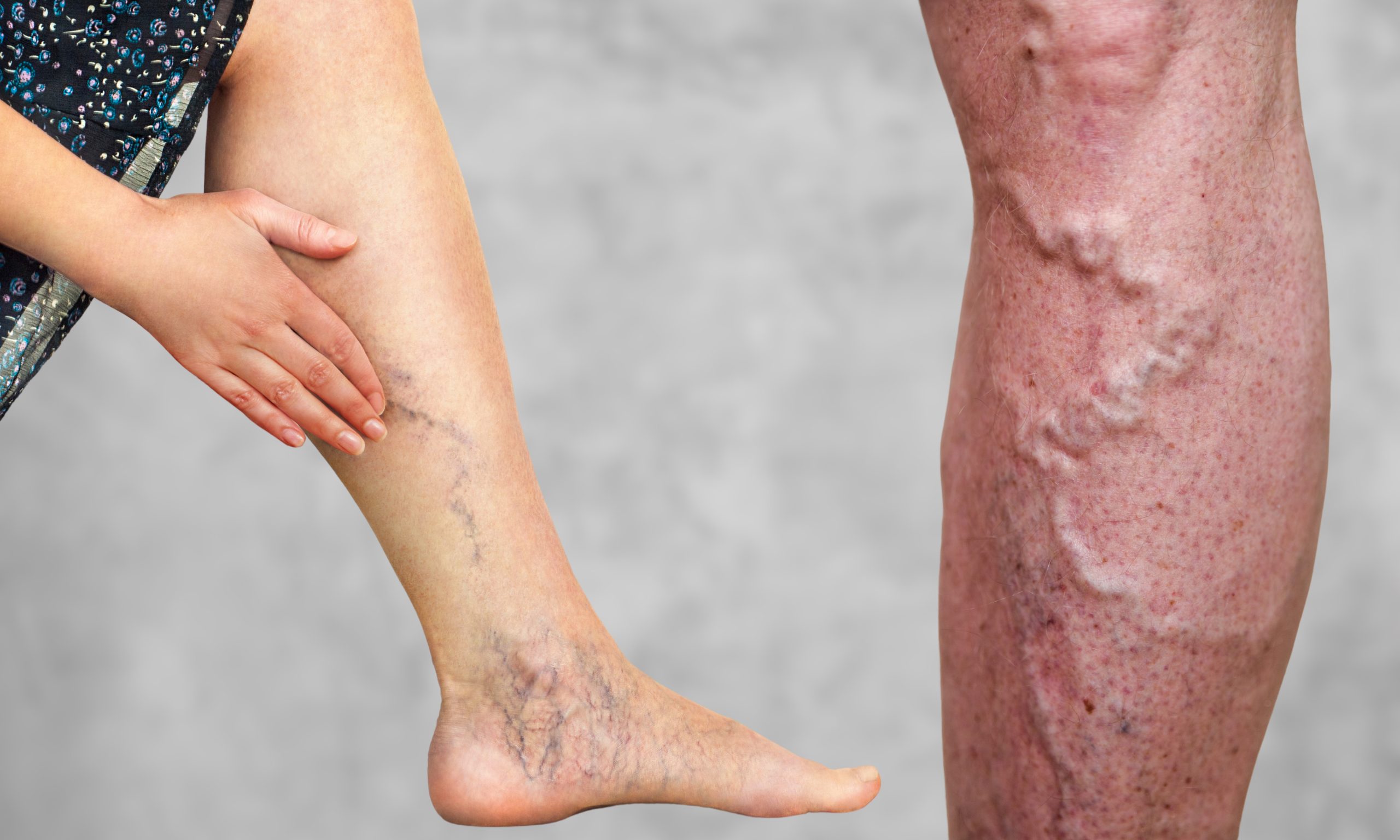Cataract / Ophthalmology
Cooking After Cataract Surgery- What Not To Do?
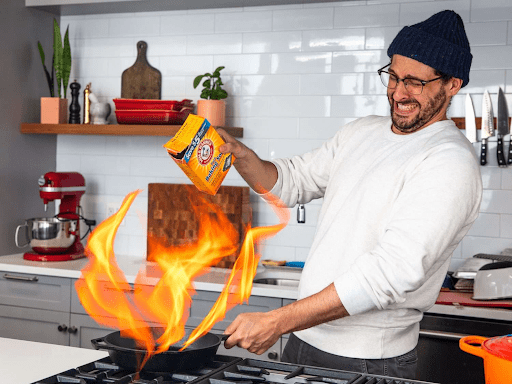
by admin
24th July 2023
8 minutes read
Cooking in the kitchen can act as a stress reliever for most people, but cooking after cataract surgery can cause stress! It can pose challenges as it requires bending and lifting heavy objects, which is not sensible after surgery. The initial 2 to 4 weeks following cataract surgery are crucial since your eye is still healing. This is a vulnerable phase with increased risks of infections, so it is advisable to go slow and steady for matters concerning cooking after cataract surgery.
Cataract surgery is a safe, simple, and painless procedure involving removing a clouded lens and replacing it with a new artificial lens. This lens is known as the intraocular lens, chosen according to the severity of the cataract and the type of vision you desire post-surgery.
Few precautions must be taken post-surgery for better healing of the operated eye. Cooking is a household activity that must be avoided in the initial weeks following surgery. Read on to know why and how you should refrain from this important activity.
Why Do You Need To Avoid Cooking After Cataract Surgery?
You may easily resume your daily activities 2 to 3 days after your cataract surgery. But cooking in the kitchen should be given at least 2 to 3 weeks for the operated eye to heal well. Following are some reasons why cooking should be avoided after cataract surgery:
-
Risk of infection
-
-
- Your eye would be prone to infections, and getting into the kitchen with the heat and steam around will increase your chances of infections and damage your new lens.
- You need to avoid water getting into your eye, which is challenging in the kitchen since it has a moist and humid environment.
-
-
Physical strain
-
-
- Cooking involves bending, lifting heavy objects, and straining. These movements put extra strain on your eye, which affects the healing process.
-
-
Blurred vision
-
-
- Initial few weeks following cataract surgery, you may experience blurred vision. This can make it difficult to see while you are cooking.
- It also increases your risk of accidents in the kitchen.
-
-
Discomfort and sensitivity to light
-
- You may experience increased sensitivity to bright lights after the surgery, making it difficult to stay in a bright kitchen for long durations while cooking.
What are the Problems Encountered While Cooking After Cataract Surgery?
After undergoing cataract surgery, cooking in the kitchen can be difficult and frightening. Usually, your surgeon will advise you not to cook for a week after surgery, but even after that period, it is necessary to take some precautions while cooking.
-
Burns
- You can be at risk of getting burns due to blurred and reduced vision and depth perception after cataract surgery.
- Be extra careful while handling hot surfaces like ovens, stovetops, or hot utensils.
- Use a potholder when touching any heated utensil.
-
Oil splash
-
-
- This is the most hazardous risk since hot oil can severely damage your operated eye.
- To reduce the risk, you need to:
- Use deep frying pots or pans with lids.
- Wear protective eyewear.
- Use long-handled tongs and spoons while frying food.
-
-
Steam
-
-
- Steam while opening a boiling pot can cause serious burns if it comes in contact with your operated eye.
- Take extra precautions while handling hot liquids since they can create intense steam.
- Keep your face away from hot steam whenever possible.
-
-
Water droplets
-
-
- Due to decreased visibility, there can be high chances of accidents (water droplets entering your eye). Ensure the utensil surface is dry before you begin cooking.
- These can cause intense glare and reflections, worsening your vision.
-
-
Chemical exposure
-
-
- Many cleaning products, like dishwashing detergents, may contain harmful chemicals that, when inhaled or spilled in the eye, can cause irritation or have serious health effects.
-
-
Knife cuts
-
- There is decreased or blurred vision and poor eye-hand coordination after cataract surgery. This may increase your risk of accidental cuts while cutting and chopping.
Steps For Safe Cooking After Cataract Surgery
Cataract surgery is a safe procedure to improve your vision and restore your quality of life. Follow the given steps while cooking after cataract surgery to ensure the best results and reduce the potential risks:
-
Avoid physical strain
-
-
- Do not bend or stoop or lift heavy utensils and objects to avoid the pressure on the eyes.
-
-
Wear protective eyewear
-
-
- Wear protective eyewear as a safety precaution.
- Wear sunglasses outdoors and indoors for the initial weeks following surgery. It helps protect your eyes from the sun’s UV rays and bright lights.
-
-
Avoid bright lights
-
-
- Do not stand directly below bright lights. Use natural lights whenever possible.
-
-
Prepare before surgery
-
-
- You can make arrangements with pre-cooked food, which may be helpful to keep you away from the kitchen for the initial weeks following surgery or you can keep help at home to prepare your food.
- If cooking, plan your recipes, to organize things accordingly to avoid accidents and hazards.
-
-
Take precautions while cleaning up
-
-
- Use mild detergents and cleaning liquids, to avoid the harsh chemicals irritating your operated eye.
-
-
Follow your eye surgeon’s instructions
-
- Always follow your doctor’s instructions on post-surgery care, especially about any restrictions on activities like cooking.
Don’ts After a Cataract Surgery
Immediately after a cataract surgery, cooking is not permitted. After 2 to 3 weeks, you can enter the kitchen and start cooking but there are some things that you should not do for some more weeks.
- Don’t expose your eyes to heat, steam, and water vapor as it may enter the eyes and increase the risk of infections.
- Don’t lift heavy utensils or objects as it may cause strain on the eyes.
- Don’t cut and chop with knives, as you may increase the risk of injury.
- Don’t stand close to the stove while cooking the food as the oil/ water/ spices may get splashed into thee eyes and you may also be at the risk of getting burn.
- Don’t grind masalas or chili powder or other ingredients which may cause eye irritation
FAQs:
Q. Can I cook immediately after cataract surgery?
A. No, It’s generally advisable to wait for a few days before resuming cooking after cataract surgery. Your eye specialist will provide specific instructions based on your individual case.
Q. How long should I wait before I can start cooking at home?
A. It depends on your recovery progress and the surgical technique used. In most cases, you can start cooking at home within a few days to a week post-surgery, but follow your surgeon’s recommendations.
Q. Are there cooking methods I should avoid in the early stages of recovery?
A. During the initial recovery period, it’s a good idea to avoid cooking methods that generate a lot of steam or smoke, such as frying and grilling. Opt for cooking techniques that pose fewer risks to your eyes, like baking, microwaving, or slow cooking.
Q. What exactly is done in cataract surgery?
A. During the cataract surgery, the patient is typically given local anesthesia to numb the eye. The surgeon then creates a small incision in the cornea using a microsurgical instrument. Through this incision, a technique called phacoemulsification is used to break up the cloudy lens into small pieces using ultrasonic waves. The fragmented lens is then removed, and the IOL is inserted into the same capsular bag that held the natural lens. The IOL remains permanently in the eye, correcting the patient’s vision.
Q. How painful is cataract surgery?
A. Cataract surgery is generally not considered painful. It is performed under local anesthesia, ensuring minimal discomfort during the procedure. Patients may feel some pressure, but the surgery itself is usually painless. Any mild discomfort after the surgery can be managed with prescribed medication or over-the-counter pain relievers. For financing options and support with cataract surgery, Medfin provides specialized services to assist you. For more details, visit the Medfin website or contact their customer support team.
Takeaway
You need to focus on your recovery following your cataract surgery and get enough rest for proper healing. Listen to your body’s signals and take precautions while cooking. This will ensure a speedy and successful recovery.
If you are still determining whether it is safe to cook, you can always consult our team at Medfin. Our highly qualified and experienced eye surgeons are dedicated to solving your queries and improving your quality of life.
Disclaimer: The content on this site is the copyright of Medfin and is intended for informational and educational purposes only. This should not be considered as a substitute for medical and surgical expertise. Results from any treatments or surgeries are subjective to an individual patient and the type of procedure/surgery performed. Please seek professional help regarding any medical concerns. Medfin will not be responsible for any act or omission arising from the interpretation of the content present on this page.
CATEGORIES
- ACL Reconstruction
- Anal Fissures
- Anal Fistula
- Appendicitis
- ASK A DOCTOR
- Benign Prostatic Hyperplasia
- Breast Lump Excision
- Cataract
- Circumcision
- Conditions & Diseases
- Cosmetology
- Covid-19
- Cure
- Endocrinology
- ENGLISH VIDEOS
- Eye Care
- Gallstones
- General Surgeries
- Government Schemes
- Gynaecology
- Gynecomastia
- Health
- Health Insurance
- Hernia
- Hindi
- Hip Arthoscopy
- Hip Replacement
- Hip Replacement Surgery
- Hydrocele
- Kannada
- Kidney Stones
- Knee Arthroscopic
- Laparoscopic
- LASER
- Latest Treatments
- Lifestyle
- Liposuction
- Medfin Stories
- Medicine
- Nephrology
- Ophthalmology
- Orthopaedic
- Paraphimosis
- Patient Testimonials
- PCL Reconstruction
- Phimosis
- Piles (Hemorrhoids)
- Pilonidal Sinus
- Proctology
- Prostate Artery Embolization
- Rhinoplasty
- Second Opinion
- Total Knee Replacement
- Urology
- Uterine Artery Embolization
- Uterine Fibroids
- Varicocele
- Varicose Veins
- Vascular
- VIDEOS


